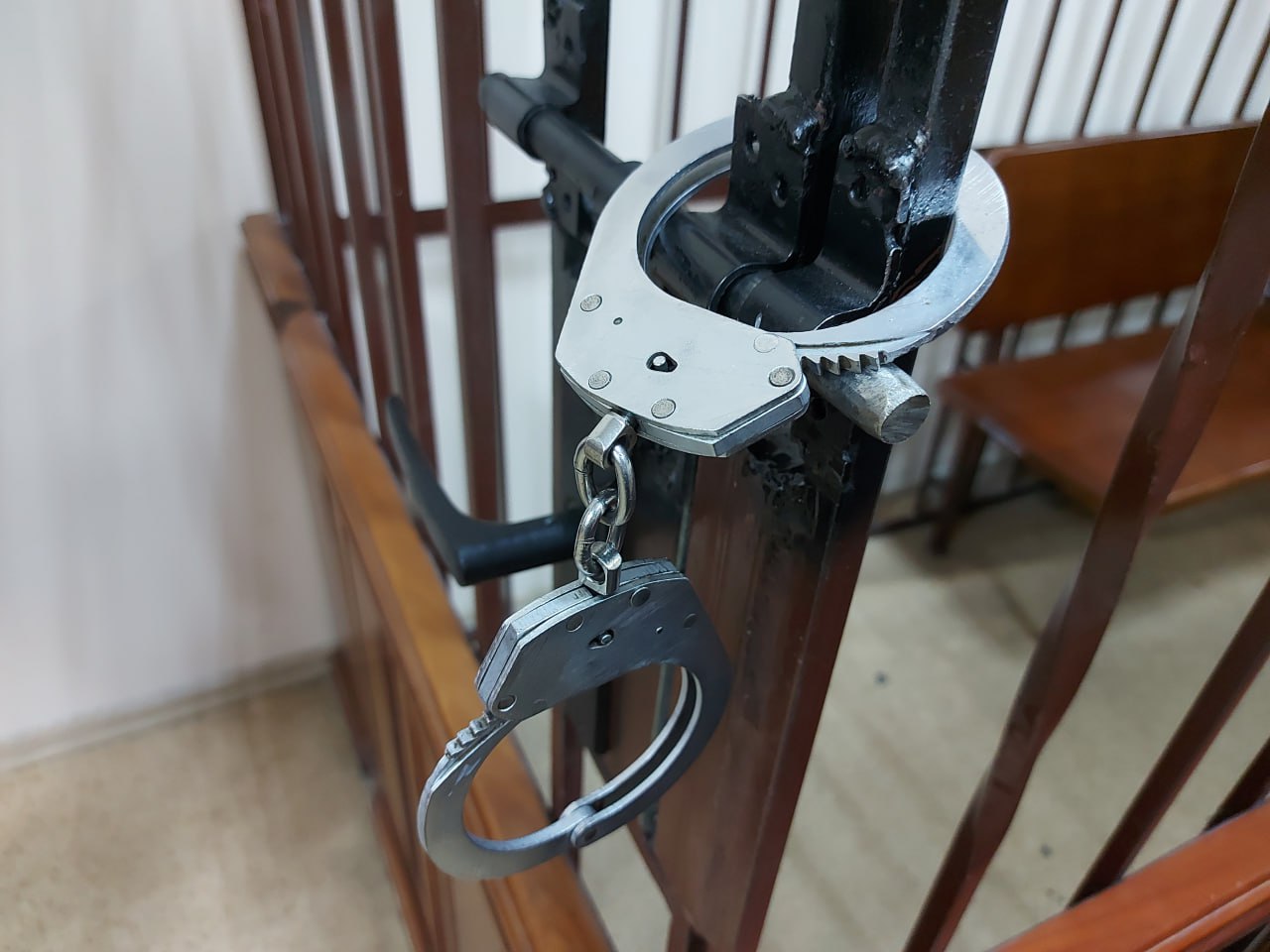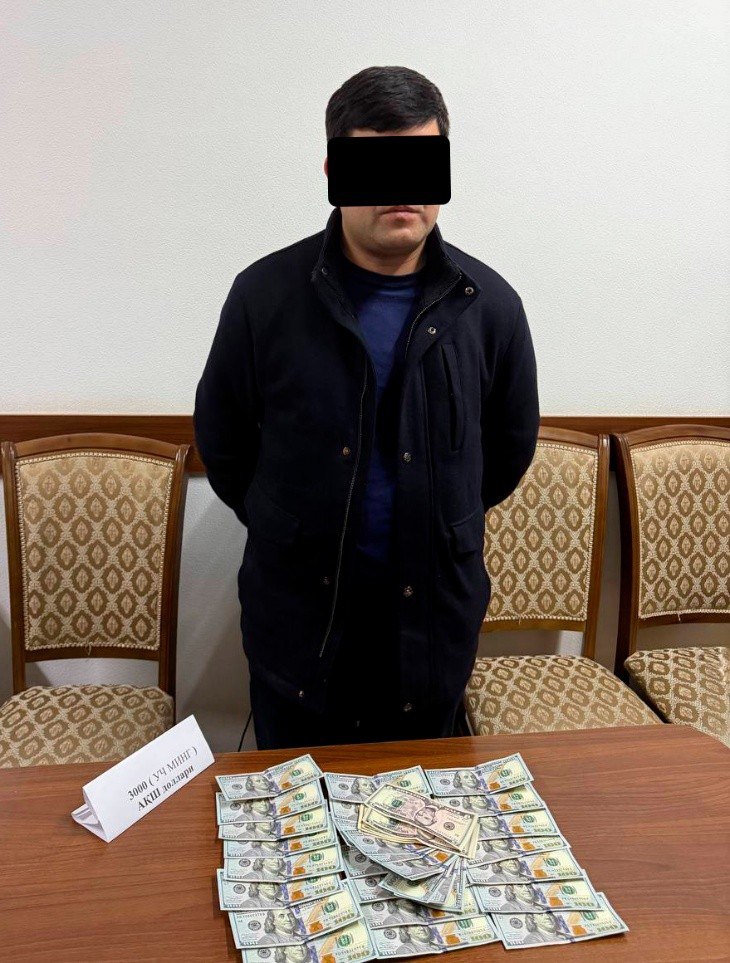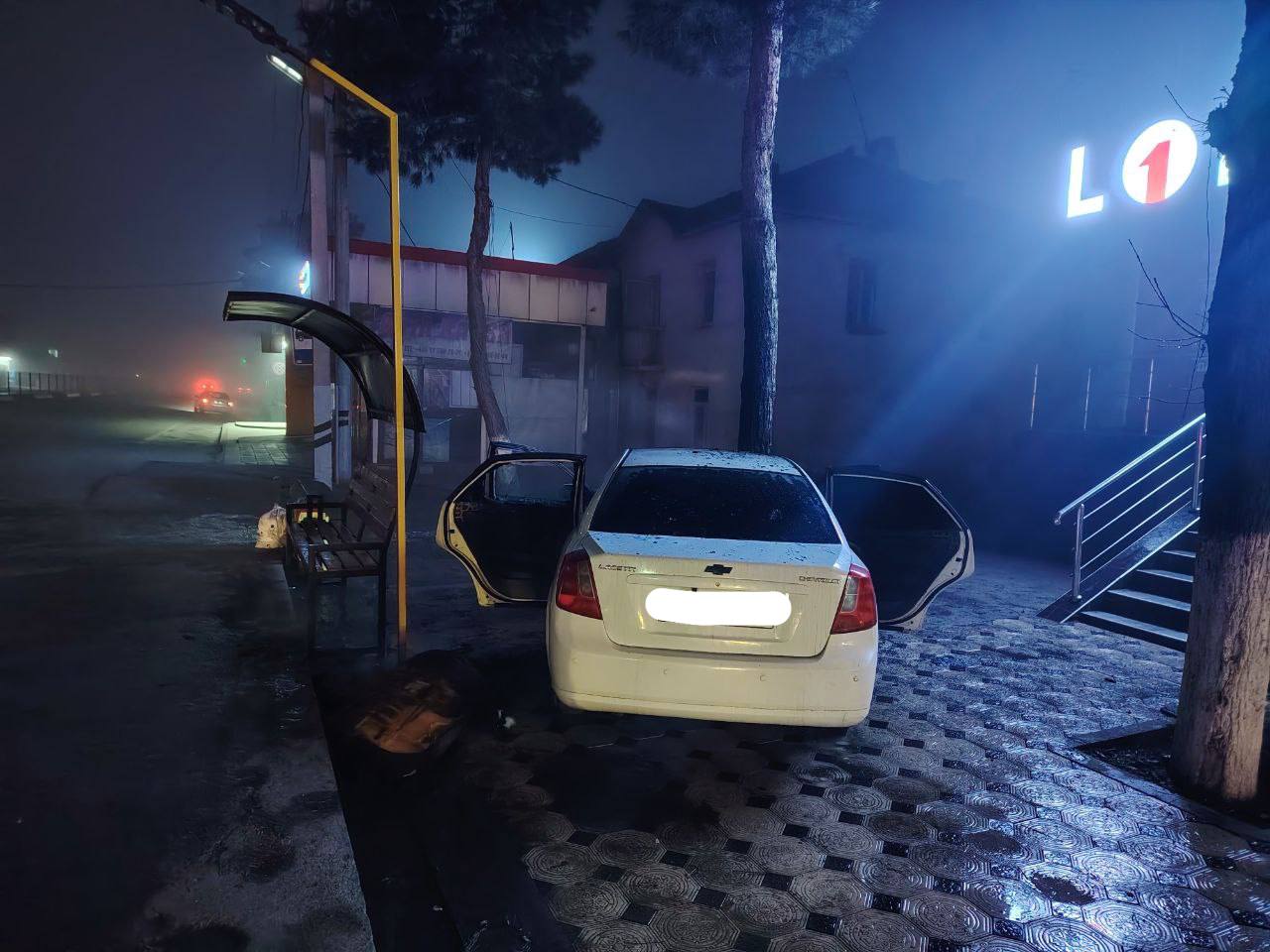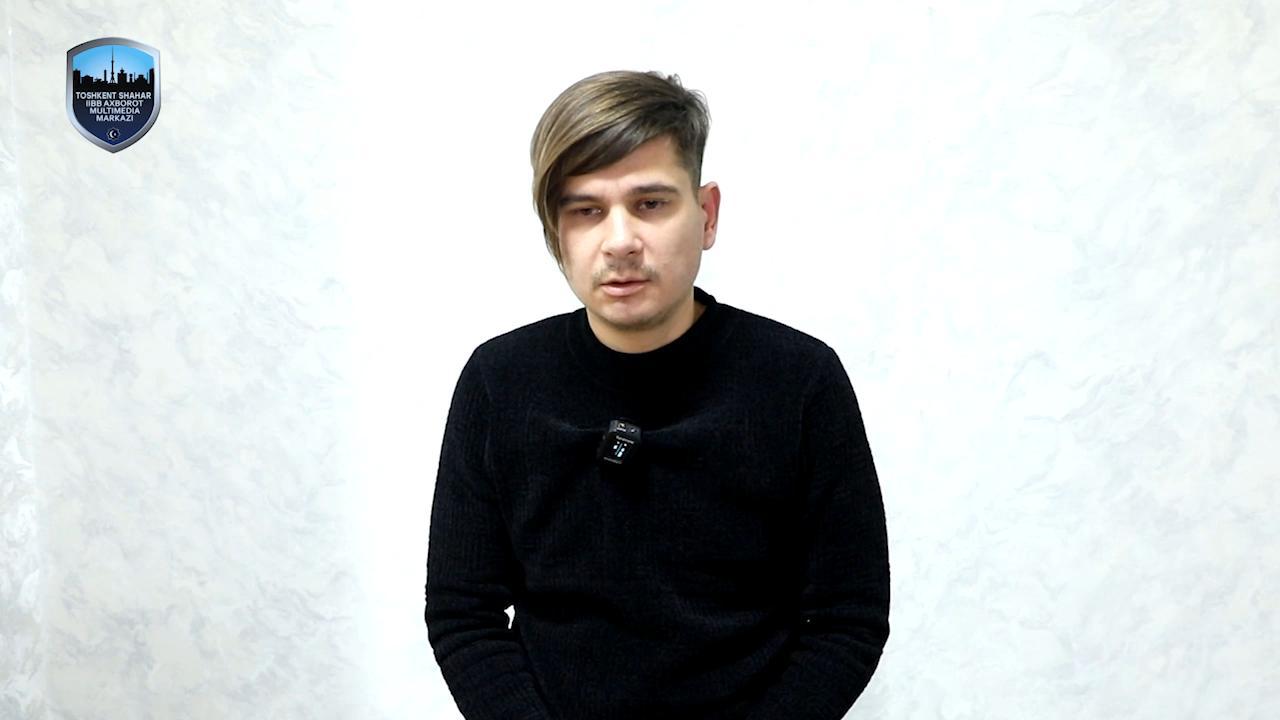Сегодня на совещании президент Узбекистана озвучил действительно важное решение — в новом учебном году 3,5 тысячи молодых людей из малообеспеченных семей смогут поступить в высшие учебные заведения на грантовой основе. Более того, ректоры вузов обещают организовать обучение в общей сложности для 4 тысяч студентов из таких семей.
Идея, безусловно, прекрасная и социально значимая. Но возникает главный вопрос: смогут ли чиновники на местах реализовать ее честно? Или мы вновь столкнемся с тем, что благое намерение превратится в очередной источник для коррупции?
Реалии: кто и как будет решать, кто нуждается?
Процесс отбора молодежи из малообеспеченных семей должен быть прозрачным. Но кто станет гарантировать честность этого отбора? Ведь очевидно, что под прикрытием социального статуса многие будут пытаться попасть в список «нуждающихся». И не секрет, что махаллинские помощники хокимов, ответственные за сокращение бедности, уже не раз оказывались в центре коррупционных скандалов.
На их совести — фиктивные отчеты, махинации с адресной помощью, подлог данных. Сколько уголовных дел уже возбуждено, а проблема не исчезает.
Гранты как новый рынок?
Если не будет строгого контроля, есть все шансы, что выделение грантов станет очередной «коррупционной кормушкой». Те, кто действительно нуждается, могут так и остаться за бортом, а «грантовые места» окажутся в руках тех, кто готов за них заплатить.
Что нужно сделать?
Прозрачный механизм отбора. Должна быть внедрена система независимой проверки заявок, чтобы исключить влияние местных чиновников.
- Открытая информация. Списки получателей грантов должны публиковаться в открытом доступе.
- Контроль со стороны общества. Граждане должны иметь возможность подать жалобу на нарушения при распределении грантов.
- Жесткие меры к нарушителям. Любые попытки коррупции должны немедленно пресекаться с последующими уголовными делами.
Решение президента — огромный шаг вперед для социальной поддержки молодежи. Но его успех полностью зависит от честности и профессионализма чиновников. И если на местах это снова превратится в «дополнительный заработок», то сама идея будет дискредитирована, а доверие людей к социальным инициативам разрушено.
Теперь очередь за ответственными лицами: смогут ли они доказать, что работают для людей, а не для себя?












«Благими намерениями устлана дорога в ад…» (Библия). У нас стало правилом, что благие и демократичные намерения часто упираются либо в коррупцию, либо в «театральный» обман. Кто будет контролировать справедливость их исполнения — эти «опозорившиеся» махаллинские помощники хокимов? Сколько раз можно «доверять козлу охранять капусту»? Вопрос: «Можно ли головой пробить стенку? Если нет, почему тогда …?» Или Слава любителям разбазаривать народные деньги!!!
Откажитесь от этой «халявщины»! Выберите другой путь. 1) Деньги лучше потратьте на увеличение количества «Президентской школы» (пусть там малообеспеченные юные гении доказывают свои способности); 2) Их выпускникам обеспечьте бесплатные гранты в ВУЗах; 3) Выпускникам этих ВУЗов гарантируйте перспективное рабочее место в Госслужбе. Иными словами, создайте в нашем обществе класс «белые воротники», в которую верила, стремилась и завидовала (завидовать это нормально!) молодежь…